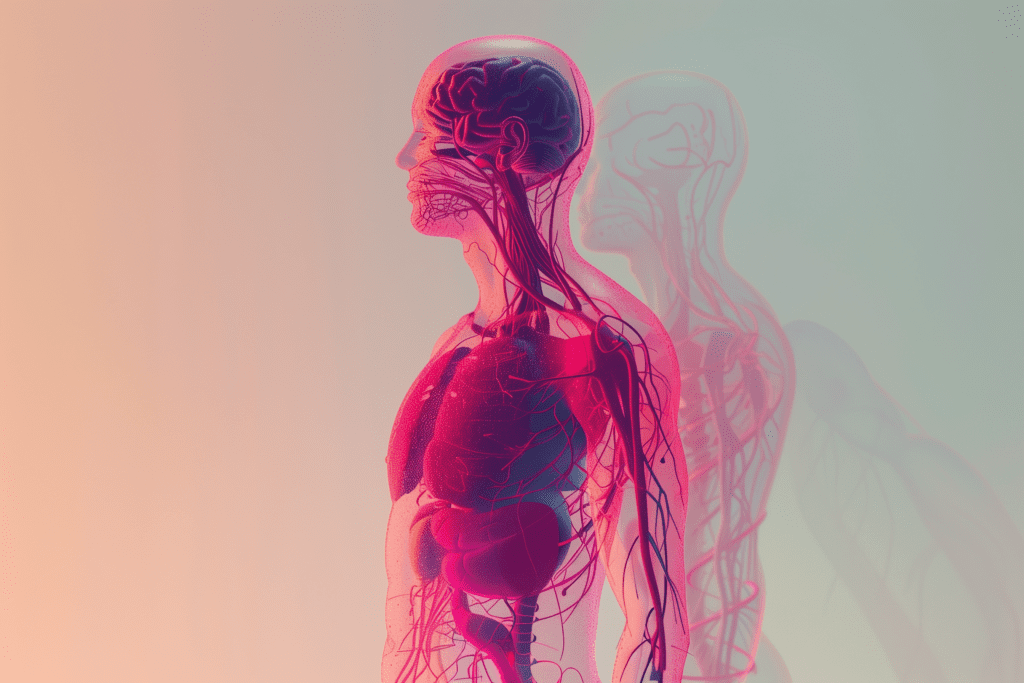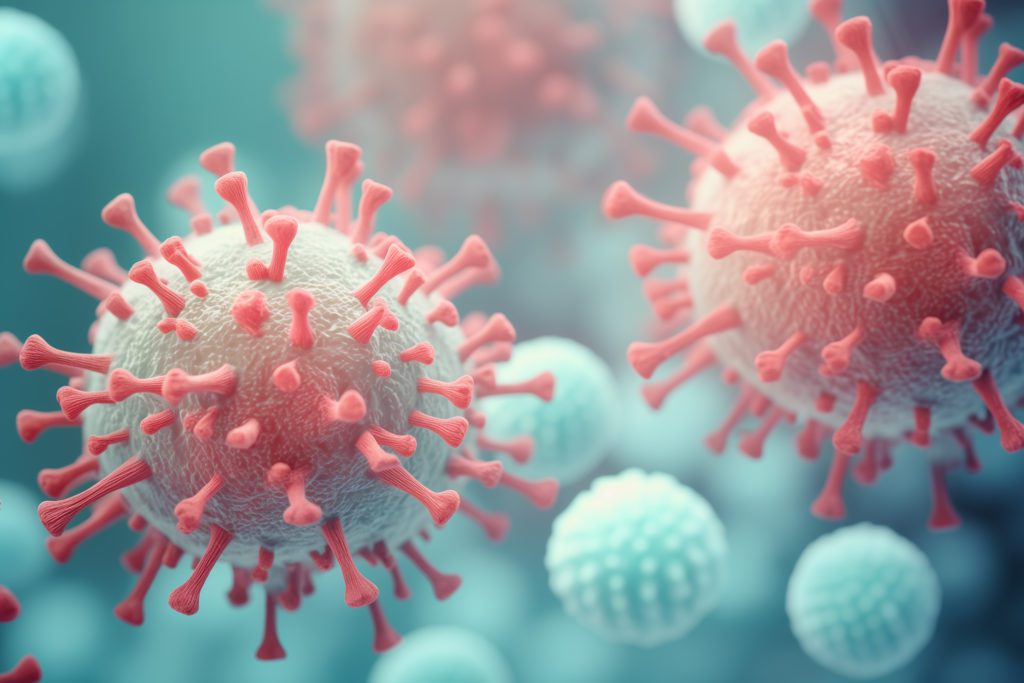
Sugar’s Impact on Sleep Quality: How Sweet Treats Affect Your Rest
Sugar causes blood sugar spikes and crashes that disrupt your sleep-wake cycle hormones and affect your sleep.

When your day is rough, you may find yourself looking forward to and pre-planning your after-dinner dessert. Whether it’s ice cream, cake, cookies, or pie calling your name, the delight it brings to your tastebuds offers immediate satisfaction. What if you learned, though, that these sweet treats are disrupting your sleep?
Having sugar too close to bed can cause blood sugar spikes and hormone disruptions that make it harder to fall asleep, raising the question: if desserts before bed can hinder sleep quality, why is that the most common time for dessert?
To preserve your sleep, you may find that changing your dessert time is the best thing you can do.
How the Body Regulates Sleep
In order to fully grasp the effects of sugar on your body, it is first important to understand how your body regulates sleep—we’ll then get into how sugar throws off these regulations.
When it comes to how your body makes you feel sleepy or alert, it’s all thanks to various hormones and neurotransmitters. Different messengers produce different effects, some making you tired and others waking you up, so they each have a point in the sleep-wake cycle when they are produced and released.
Melatonin, for instance, is the sleepiness hormone that builds up in your body before going to bed. It is what helps you fall and stay asleep at night. At the opposite end of the spectrum is the hormone cortisol, which helps you wake up and stay alert during the day. It’s also known as the stress hormone, though, and having too much cortisol in your body can cause stress-induced damage. So, some cortisol is good—necessary, even—but too much, like most things in life, is not a good thing.
The sleep-wake cycle relies on neurotransmitters as well, including serotonin. Like hormones, neurotransmitters are a type of messenger, but their messages are specifically shared from nerve cell to nerve cell. As for serotonin, this neurotransmitter is responsible for regulating your mood, sleep, and appetite.
When there is an imbalance in any of these hormones or neurotransmitters, your sleep-wake cycle can become disrupted, leading to less sleep or poorer quality sleep. As for what can influence these hormones and neurotransmitters, look no further than the sugar in your favorite sweet treats.
Your Body on Sugar: How Sugar Affects Your Sleep
When it comes to sugar’s effect on your sleep, it all boils down to how sugar affects your body’s delicate balance. In particular, there are three ways that sugar impacts your body that then influences your sleep: sugar disrupts the balance of hormones and neurotransmitters, sugar causes blood sugar spikes and crashes, and sugar may cause other health conditions that affect sleep.
Let’s further explore how these effects occur and then translate to poorer sleep.
Sugar Rushes and the Unavoidable Crash
When you consume something sugary, your body quickly breaks it down into glucose, which then enters the bloodstream, causing a spike in blood sugar levels. This spike, also known as a sugar rush, causes a surge in energy.
In response to the rise in your blood sugar levels, your body releases insulin, a hormone that helps your cells take in glucose to use for energy. However, as insulin helps your cells take in the glucose, your blood sugar levels quickly drop, which can cause feelings of fatigue, irritability, and, often, cravings for more sugary foods. It is these cravings that may cause you to wake up during the night feeling hungry or thirsty.
Furthermore, if you consume sugar too close to bed, the sugar rush may make it hard to fall asleep because of the rush of energy you have.
Disruptions to Hormones and Neurotransmitters
As we previously saw, the body uses hormones and neurotransmitters to signal to the body that it’s time to sleep or be awake, and they are thus used to distinguish these two phases of your day.
However, eating too much sugar can raise your blood sugar levels, which, in addition to causing the release of insulin, can also trigger the release of cortisol, which keeps you alert. Because of this, consuming sweets close to bedtime can cause a spike in your cortisol, which can decrease the amount of slow-wave (deep) sleep you get.
Other Health Conditions Affecting Sleep
One of the greatest concerns with excess sugar consumption is weight gain, as being overweight or obese is a risk factor for many health conditions, some of which may also affect your sleep. For instance, sleep apnea is a sleep disorder with obesity as a risk factor. With this sleep disorder, the individual affected experiences breathing disruptions during the night, which can cause them to continually wake up, leading to poor sleep quality.
Type 2 diabetes is another medical condition that can result from consuming too much added sugar, and it is also associated with poor sleep quality.
The Opposite End: The Effects of Too Little Sugar
While too much sugar can cause spikes in blood sugar and disrupt your sleep quality, problems can occur if your blood sugar level is too low, as well, such as profuse sweating, nightmares, and feeling irritable upon waking.
This shows that the key to a good night’s sleep is to find the baby bear of blood sugar levels—something that isn’t too low or too high.
Have Sweet (But Not Too Sweet) Dreams
Having a sweet tooth is natural—our bodies are trained to crave the rush they get from consuming sugar. However, too much sugar can have negative consequences on your health, including your sleep.
Eating something sugary too close to bedtime can cause sugar rushes that make falling asleep hard and crashes that can wake you up during the night. Sugar can also trigger your body’s release of cortisol, a wakefulness hormone that is normally produced in the morning, not before bed. Finally, sugar can increase your risk of various medical conditions, some of which have poor sleep quality as a repercussion.
To protect your sleep, try to avoid sweet treats before bed to keep away the rising blood glucose levels. You’ll soon find that when you forego a late-night dessert, your sleep will be all the sweeter.

Written by
Jessica G
Medical writer freelancer who has written hundreds of articles on varying topics. Masters of Engineering degree in Biomedical Engineering.
Download Pillow
Get help
Press & News
Legal
Connect
X (Twitter)
Company
Copyright © Neybox Digital Ltd.



